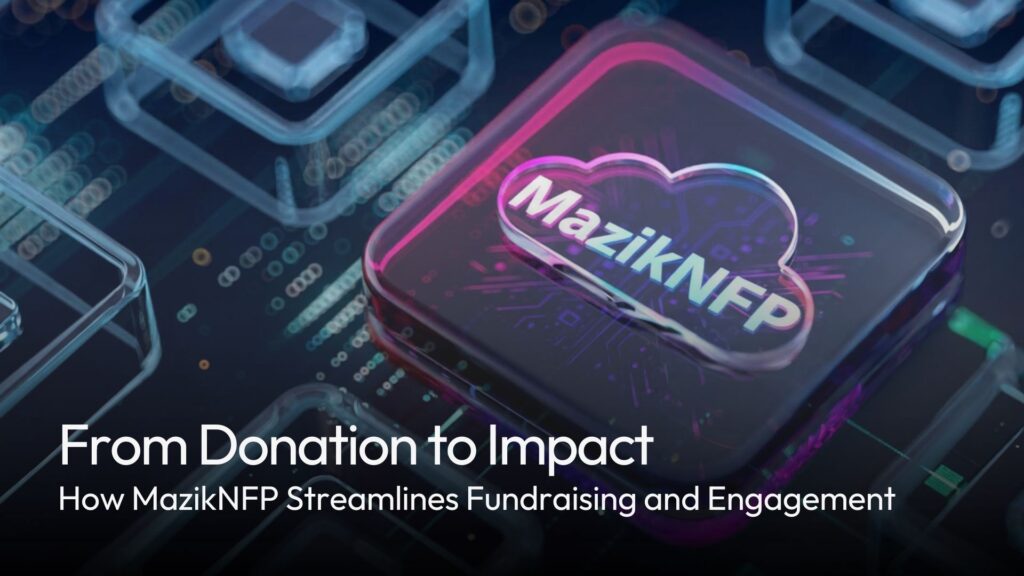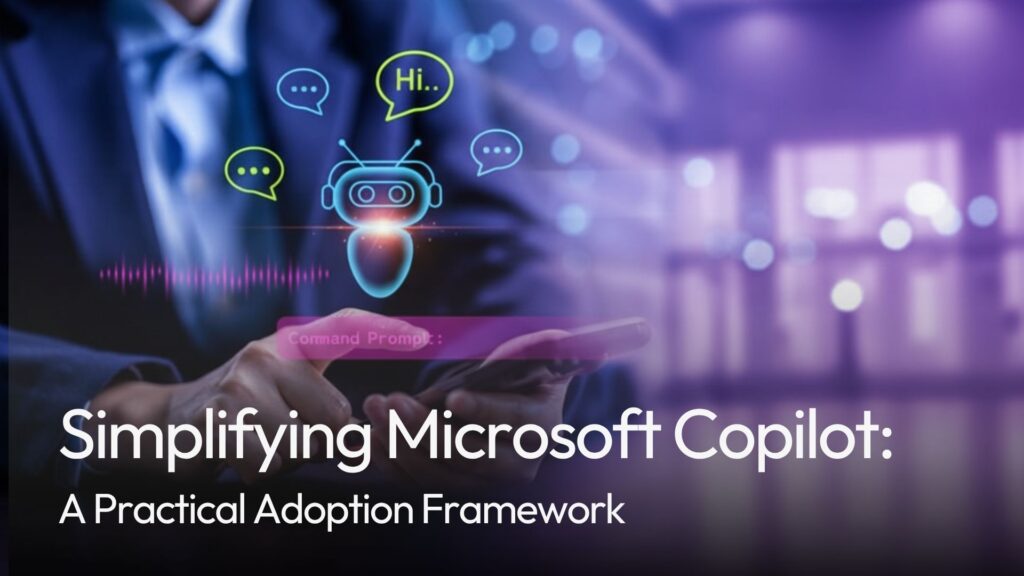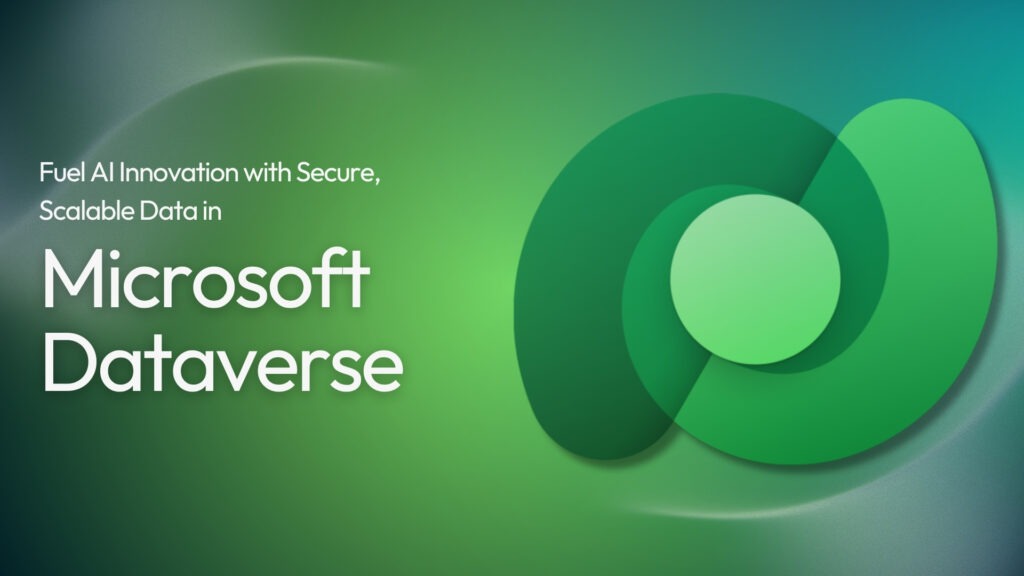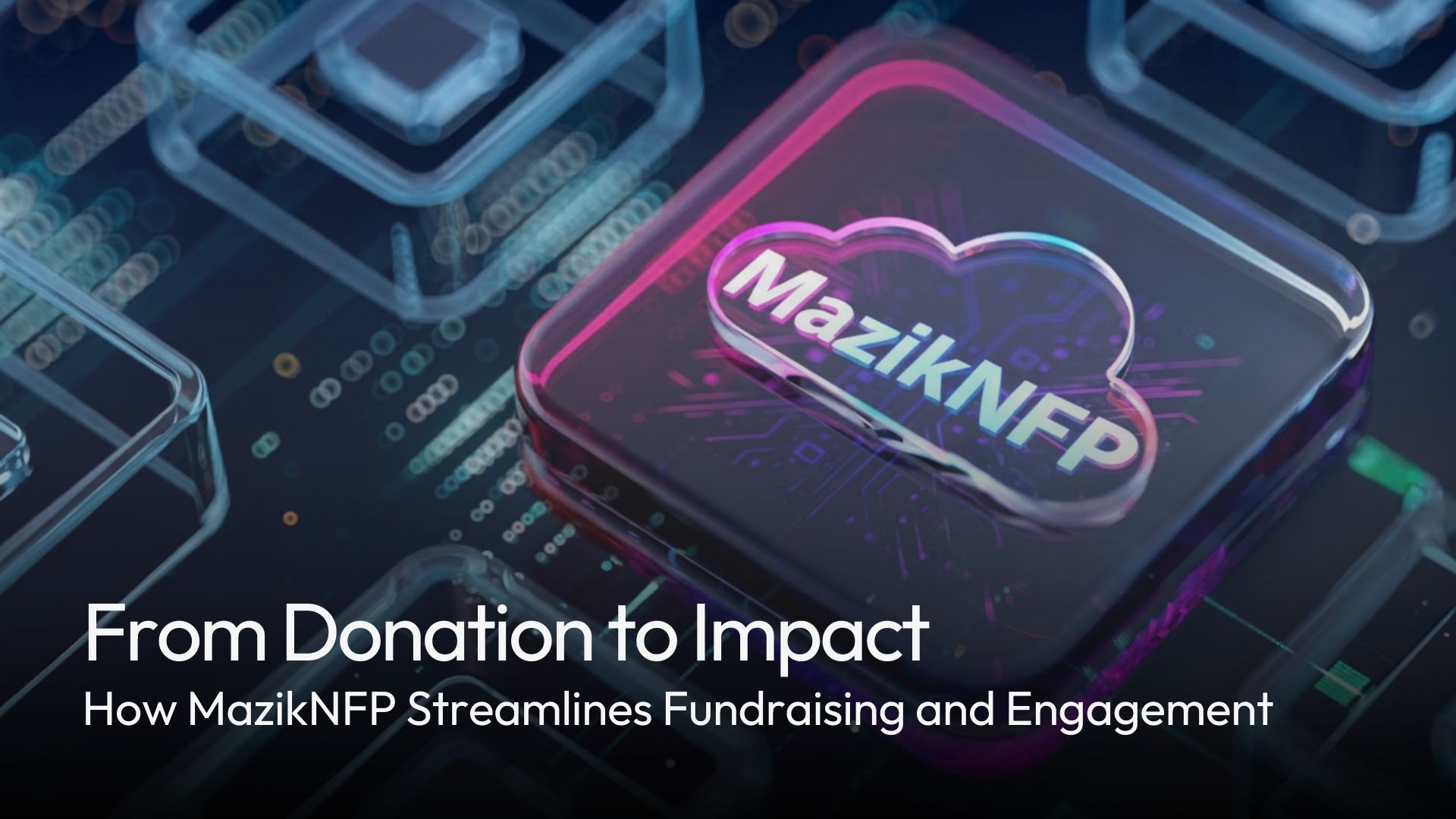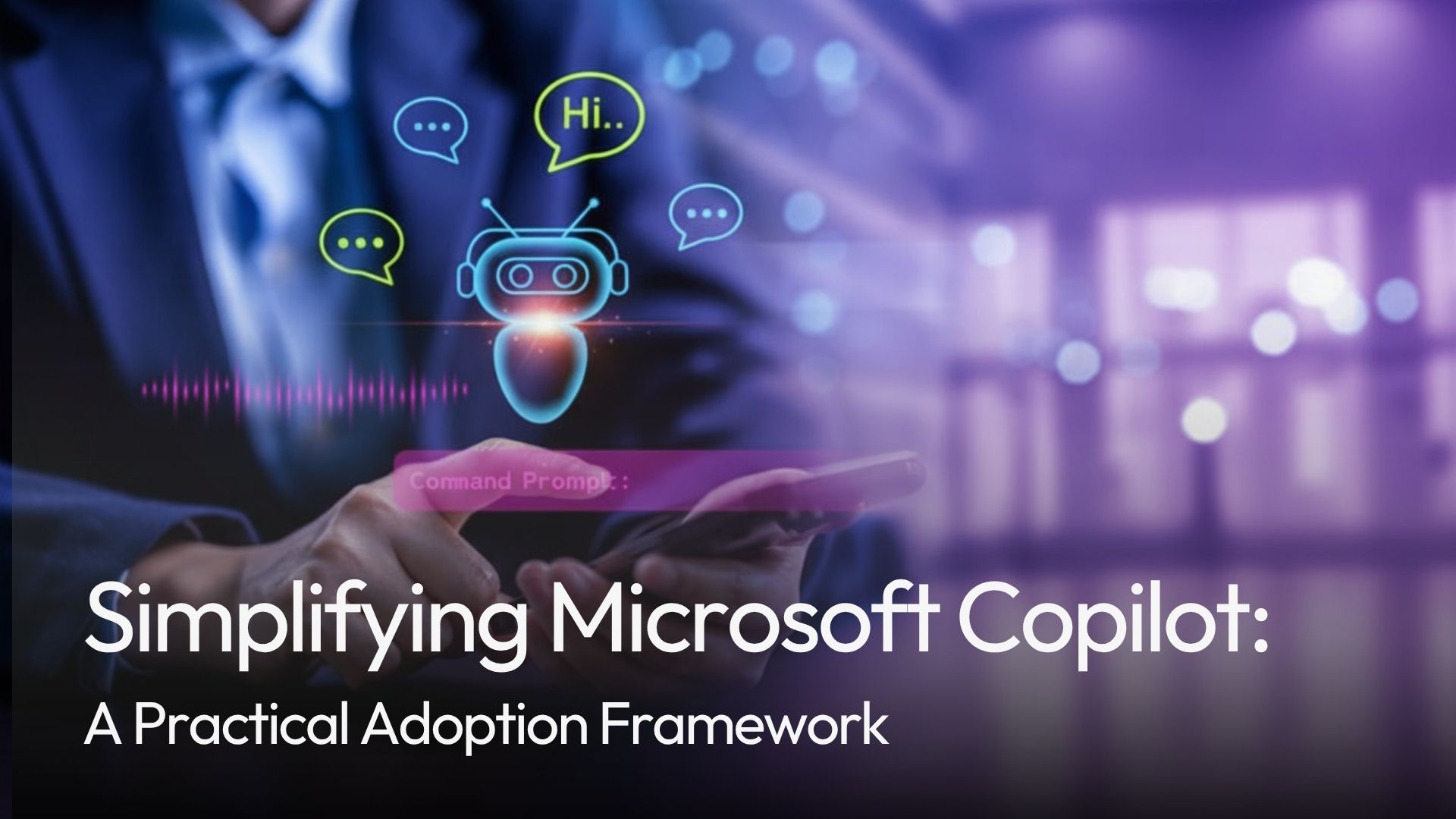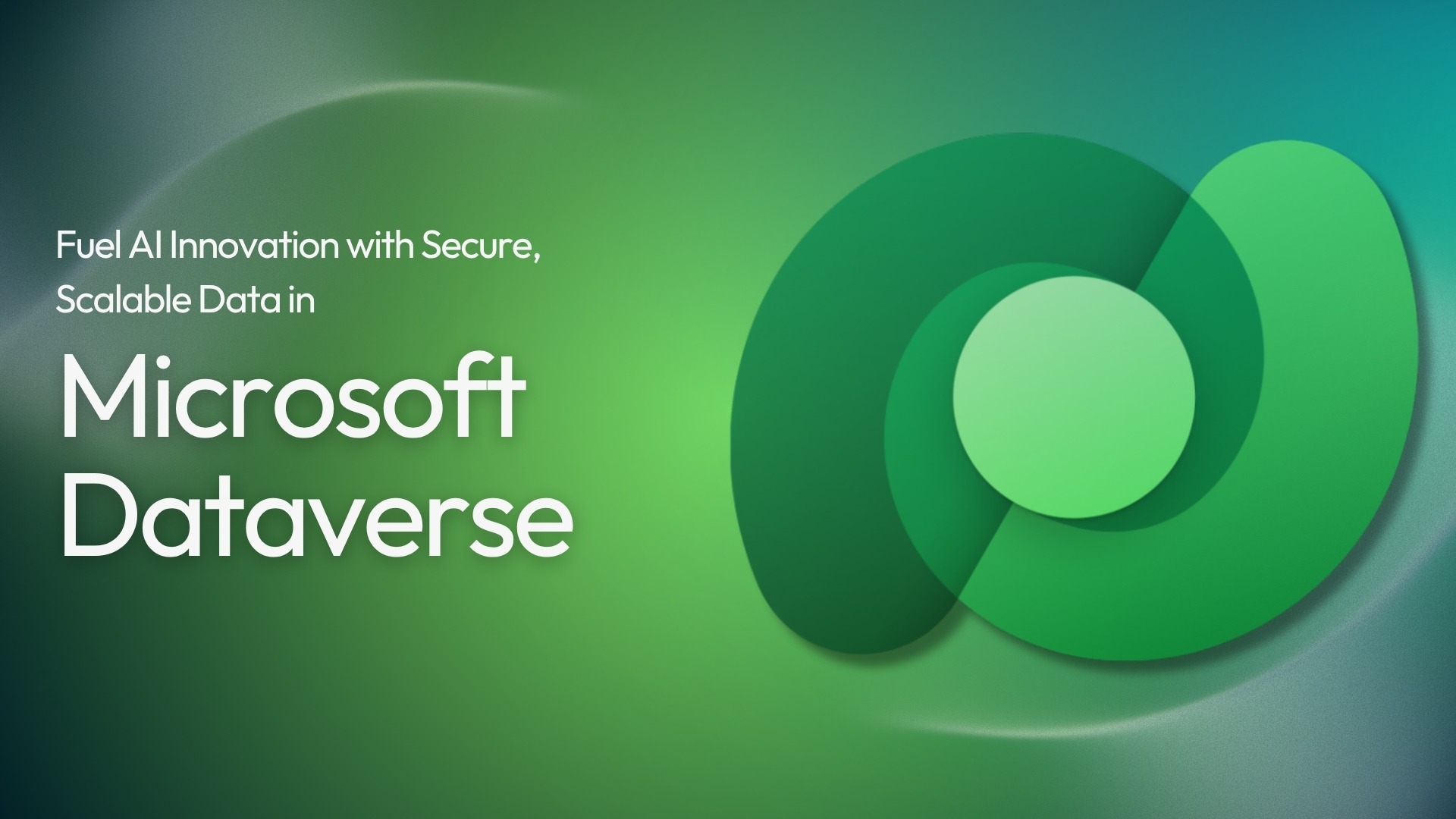Fit for the Future: How the NHS 10-Year Plan is Powering Digital Transformation in Healthcare

- By Steven Hargreaves James
Last year, more than 4 million extra NHS appointments were delivered, but for many, it is still harder than ever to get medical care. That is why the NHS 10-year plan is a major push for genuine NHS digital transformation.
With 160 new community diagnostic centres now open and hospital waiting lists down by over 200,000, the groundwork for the NHS digital future is already being laid. This is the shape of the NHS future of healthcare.
Reimagining the NHS for the 21st Century
NHS’ promise of universal care and free at the point of use still stands, but the world around it has changed. Today’s pressures cannot be solved with yesterday’s tools. That is the thinking behind the NHS 10-year plan i.e., keep what matters, but radically overhaul how care is delivered.
The plan is built around three bold shifts:
1. From hospital to community
Care moves closer to home so that people can get help without endless travel or delays. It is predicted that by 2030, at least one million people will have access to a Personal Health Budget, with neighbourhood health centres rolling out in the areas that need them most.
2. From analogue to digital
No more paper chasing, no more long phone queues. Digital tools are now central, which frees the staff and gives more control to the patients. Over 160 Community Diagnostic Centres have opened, and the NHS App is being upgraded into a full gateway for health services.
3. From sickness to prevention
Instead of just treating illness, the NHS is betting on earlier intervention and keeping people healthier for longer. Ambitious public health targets, like halving the healthy life expectancy gap between the richest and poorest regions, are now on the table.
From Analogue to Digital

Booking a GP appointment should not feel like winning the lottery. That is why the new digital push is so critical. The NHS technology strategy puts the NHS App at the centre, a real “doctor in your pocket.”
Here is what is changing:
- The NHS App is becoming the digital front door to the entire NHS. You will be able to book appointments, manage prescriptions, access instant advice, and even self-refer for tests, all from your phone by 2028, according to the predictions.
- Tools like My NHS GP, My Choices, My Specialist, and My Medicines put control directly in the patient’s hands.
- Every patient will have access to a unified NHS digital health record system.
- Staff are seeing the benefits too. With AI-powered scribes and digital workflows, hours of admin are being slashed to give doctors and nurses more time for actual care.
Real case studies are already showing results. Brondesbury Medical Centre’s “Total Triage” system cut appointment waits from 14 days to just 3, with over 95% of patients seen within a week. Primary Care Sheffield, through digital scaling and shared systems, delivered over 12,000 extra winter appointments last year and improved continuity of care across the city.
This is the vision: a service where “from bricks to clicks” is a reality, and where NHS digital services are as smooth as online shopping.
Building the Neighbourhood Health Service
The big bet of the NHS 10-year plan is that care should not always start in the hospital. Over the next decade, billions are shifting from hospital budgets to out-of-hospital, community, and even home-based care. The goal is that every community in England will have a Neighbourhood Health Centre, open at least 12 hours a day, six days a week, starting in areas with the lowest healthy life expectancy.
This shift is already changing lives. In the last year alone, over 4.1 million extra elective appointments were delivered, hospital waiting lists dropped by 200,000, and 160+ Community Diagnostic Centres opened their doors. GP surgeries have seen a £102 million upgrade, and more than 1,700 new GPs have been recruited since October 2024.
The new system offers same-day GP appointments, expanded pharmacy services for long-term conditions, and dedicated mental health emergency departments. Personal Health Budgets will be a universal offer for everyone who needs them in the next 10 years.
The Digital-First NHS Workforce
Modern healthcare needs modern teams. The NHS digital transformation means building a workforce that is tech-savvy and future-proof. Over 1,700 new GPs joined between October 2024 and April 2025, alongside a major push to recruit thousands more staff in community care and mental health.
Every NHS employee will have their own digital skills plan, with AI tools and digital literacy used in everyday work. For example, new AI-powered voice technology is expected to save doctors 90 seconds per appointment, which will free up the equivalent of 2,000 extra GPs nationwide.
This way, staff standards are being raised, with a stronger focus on diversity and community roots, plus new incentives to keep talented clinicians in the NHS. The aim is to make the NHS not just the UK’s biggest employer, but its best.
From Sickness to Prevention

If you only fix what is broken, you are always running behind. That is why the NHS technology strategy is working on prevention and precision medicine. The plan includes universal newborn genomic testing, rolling out population-wide polygenic risk scoring, and investing in early, personalised interventions for conditions like cancer and heart disease.
The numbers tell the story, for example, the goal is to eliminate cervical cancer with higher HPV vaccine uptake by the year 2040. Lung cancer screening will go national, and digital monitoring for chronic conditions will be routine. Ambitious national drives, like the Tobacco and Vapes Bill, “moonshot” to end obesity, and new health reward schemes are making healthy choices easier and more accessible.
Schools are not left out. Mental health support teams are being expanded to reach nearly a million more young people this year, and Healthy Start food programs are scaling up to close gaps in nutrition and childhood obesity.
Driving Quality, Transparency, and Financial Sustainability
The NHS digital innovation push means more transparency than ever, such as league tables, patient ratings, and real-time quality data, will be open for all to see. Payment reforms are moving the NHS away from just “doing more” to rewarding better outcomes.
A new 2% year-on-year productivity target is in place, and block contracts are being broken up in favour of value-based funding. The NHS App is central here to let patients rate services, leave feedback, and influence where money flows.
Data, AI, Genomics, Wearables, Robotics

NHS is planning to become the world’s most AI-enabled health system and is betting on five “big bets,” including:
- A national health data research service (with the Wellcome Trust).
- AI woven into clinical pathways and routine practice.
- 100,000 newborns to have their genomes sequenced this year—on the way to population-wide screening.
- Wearables as standard for all NHS patients by 2035, with free provision for those who need it most.
- Accelerated adoption of surgical robots and a dramatic cut in clinical trial setup times (down to 150 days by 2026).
Laying Foundations for the Next Decade
The next era of the NHS will be defined by interoperability, federation, and compliance, like Gaia-X, the UK Data Hub, and secure, shareable health records. The plan is for the UK to set the pace globally and export NHS digital health solutions, and lead the world in genomics and AI.
Ultimately, the plan is to make a system that predicts, prevents, personalises, and empowers every citizen, at every stage of life. The groundwork is being laid right now for an NHS future of healthcare that is ready for whatever the next decade brings.
How Mazik is Powering NHS Digital Transformation

Digital transformation in UK health sector goes far beyond software rollouts. As the NHS moves forward on its ambitious NHS digital roadmap, Mazik is proud to be a key technology partner that is helping to bring the NHS digital future to life in the following ways:
1. Data-Driven Care and Interoperability
We help NHS organisations break away from fragmented systems by deploying Single Patient Record solutions. This means clinicians and patients always have access to real-time, secure, and complete information, no matter where care happens. The result is better remote consultations, smoother care planning, and real progress towards true NHS digital health record system goals.
Our platforms make it possible for hospitals, GPs, pharmacies, and even wearable devices to “speak the same language.” This means faster, more accurate data sharing for predictive analytics, early intervention, and joined-up, patient-centered care across the entire NHS.
2. NHS App Integration
We build solutions that integrate seamlessly with the NHS App with features like My Care, My Health, and My Medicines. With these, patients can handle bookings, manage medications, and follow their care plan with ease.
Our technology supports the expansion of virtual wards and home monitoring to help clinicians care for patients using real-time data and AI-powered alerts. This keeps people out of the hospital, where possible, and empowers them to manage their health on their own terms.
3. Liberating Staff, Boosting Productivity
Since we offer automating documentation and routine admin with AI-driven tools, it frees the NHS staff from repetitive tasks. This means clinicians get to focus on what they do best, i.e., caring for patients, not paperwork.
We also deliver digital-first HR, payroll, and training platforms to build the most digitally skilled, flexible, and future-ready NHS workforce yet.
4. Driving Transparency, Accountability, and Research
Mazik analytics platforms bring performance data to life by giving leaders, staff, and patients clarity regarding how services are performing.
We support new Health Data Research Service projects and federated data models to help collect the NHS’s data for research, trials, diagnostics, and therapies.
5. Supporting the NHS at Every Level
Our solutions are built to scale from connecting a single Neighbourhood Health Centre with digital tools to rolling out trust-wide analytics for entire regions. We focus on security, compliance, and adaptability, so NHS leaders can be confident in the long term.
Our approach is always collaborative. We work alongside NHS clinicians, IT leads, and leadership teams to co-design solutions that fit real operational needs.
Conclusion
Big promises don’t fix the NHS, real change does. The NHS 10-year plan is already starting to reshape how care actually happens. If this momentum keeps up, the NHS digital transformation will finally mean faster appointments, better data, and fairer care for everyone.
There is still a long way to go, but for the first time in years, the future of UK healthcare actually feels possible, and as Mazik, we are proud to be part of making it happen.
Explore
MazikCare Copilot for Healthcare | MazikCare Healthcare Cloud Platform | Unify EPIC, Cerner & Any EPR Data with the Fabric Healthcare Accelerator

